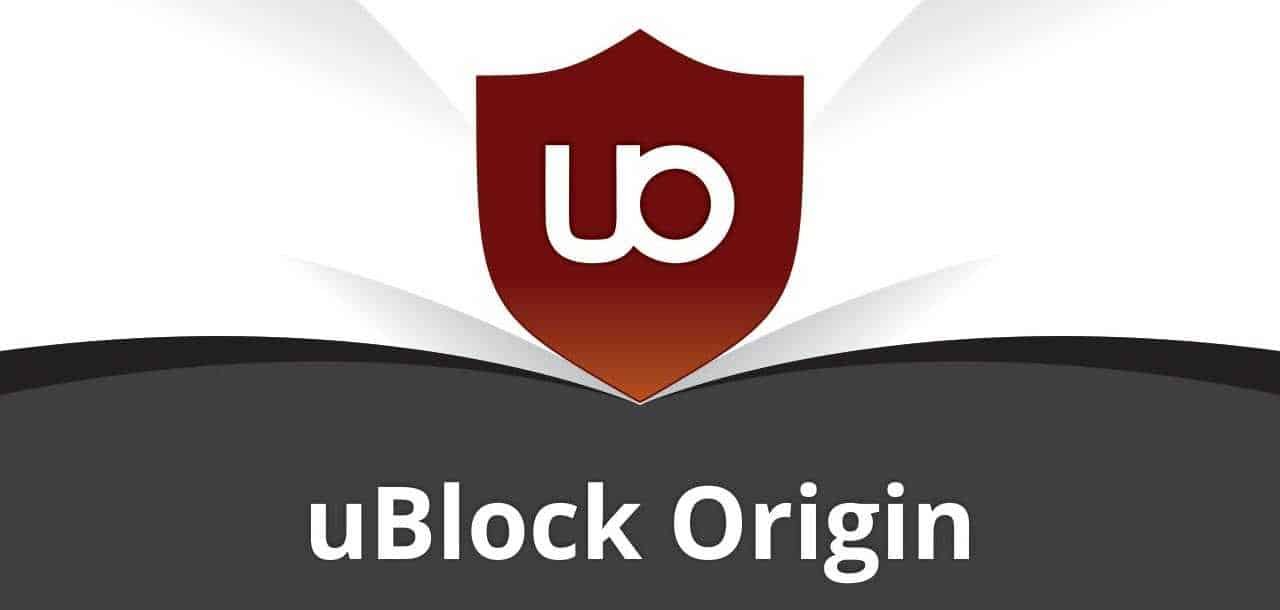Ο ad blocker uBlock Origin "δεν θα μπορεί πλέον να υπάρχει", αν προχωρήσει μια προτεινόμενη αλλαγή στο Chrome. Την δήλωση έκανε ο Raymond Hill, ένας προγραμματιστής του uBlock Origin και του uMatrix, σε ένα σχόλιό του στον Chromium bug tracker.
Google developers are recommending this change in the program's bug tracker tourChromium. Chromium is the program browsing ανοικτού κώδικα που αποτελεί τη base of Google Chrome, Opera and soon its Microsoft Edge.
But do not worry: Upcoming changes will not affect all ad blockers. Google technicians are reportedly trying to quit a few browser extensions. At this time, ad blockers use the "webRequest" API to track what happens when loading web pages and blocking ad scripts.
If the proposed change is made, extensions will not be able to block ads with this API. Extensions will only be able to detect ads without blocking them and this will speed up page load times as Chrome won't have to wait for a block to be blocked by extension.
Τα ad blockers θα πρέπει να χρησιμοποιούν το API "declarativeNetRequest" για να δηλώνουν στον Chrome ότι θέλουν να μπλοκάρουν κάτι. Ο Chrome από την άλλη θα μπλοκάρει διαφημίσεις χωρίς να περιμένει να απαντήσει το “webRequest” API, και αυτό θα κάνει τον browser της Google αρκετά πιο γρήγορο.
Raymond Hill said that if the change is made, blocking ads with uBlock Origin and uMatrix will not offer something special:
If the declarativeNetRequest API ends up being the only way they can use, it means that two ad blockers that we have been developing for years, uBlock Origin and uMatrix, can no longer exist.
___________________________





